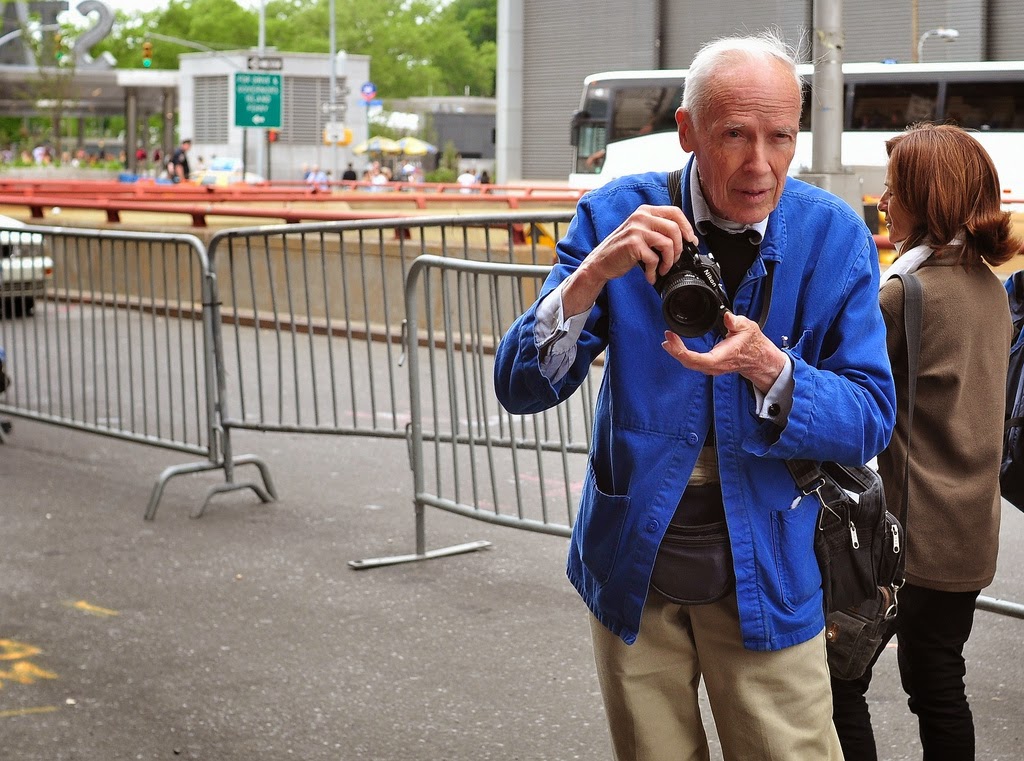Sunday, June 5 - Thursday, June 9 at venues around Tucson.
What a great opportunity to see these amazing films for FREE. They are the epitome of what Reel Inspiration promotes - inspiring, thought provoking and diverse films. This is a second chance to see two films that Reel Inspiration reviewed. Just scroll down to read my reviews of: "Winters Bone" and "La Mission." ("Winter's Bone" was one of my favorite films of the year. I rooted for it to win the Best Picture Oscar. The more I see it, the more I love it.)
FILM FORWARD creates cultural exchange with ten films in fourteen locations around the globe. Tucson was selected as one of the seven U.S. cities to host this cultural initiative, with The Loft Cinema being the presenting venue!
"Cinema, both fiction and non-fiction, has shown over and over that as human beings, we share values beyond any border, real or imagined." - Robert Redford, Founder of the Sundance Institute.
SUNDAY, JUNE 5:
5:00 p.m.
FILMMAKER MEET AND GREET
Location: Tucson Museum of Art, 140 N. Main Ave.
7:00 p.m.
A SMALL ACT
Documentary, United States,(Director: Jennifer Arnold)
A young Kenyan’s life changes dramatically when his education is sponsored by a Swedish stranger. Years later, he founds his own scholarship program to replicate the kindness he once received.
IN ATTENDANCE: Producer and cinematographer PATRICIA LEE.
Screening location: The Loft Cinema
7:00 p.m.
AFGHAN STAR
Documentary, Afghanistan/UK,(Director: Havana Marking)
After 30 years of war and Taliban rule, Pop Idol has come to television in Afghanistan: millions are watching and voting for their favorite singer. This film follows the dramatic stories of four contestants as they risk their lives to sing.
Tucson Jewish Community Center, 3800 E. River Road.
MONDAY, JUNE 6:
7:00 p.m.
WINTER’S BONE
United States, rated R (Director: Debra Granik)
An unflinching Ozark Mountain girl hacks through dangerous social terrain as she hunts down her missing father while trying to keep her family intact.
IN ATTENDANCE: Co-Producer Kathryn Dean
Screening location: The Loft Cinema
7:00 p.m.
FREEDOM RIDERS
Documentary, United States,(Director: Stanley Nelson)
The story behind a courageous band of civil rights activists called the Freedom Riders who in 1961 creatively challenged segregation in the American South.
IN ATTENDANCE: U of A student May Mgbolu, one of 40 students from around the country who recently retraced the route of the 1961 Freedom Riders, and Jimmy Hart, Director of African American Studies for TUSD and YWCA Social Justice Project participants
Screening location: The Dunbar School, 325 West 2nd Street.
TUESDAY, JUNE 7:
4:00 p.m. - 5:30 p.m.
FREE FILMMAKER TO FILMMAKER WORKSHOP
Featuring A Small Act producer/cinematographer Patricia Lee.
Topic: Using dramatic narrative techniques in documentary filmmaking.
Joel D. Valdez Main Library, 101 North Stone Ave. Lower Level Meeting Rm.
6:00 p.m.
SON OF BABYLON
Iraq, (Director: Mohamed Al-Daradji)
In the days after the fall of Saddam Hussein, a young Kurdish boy and his grandmother venture through Iraq on a quest to find their missing father/ son.
Joel D. Valdez Main Library, 101 North Stone Ave. Lower Level Meeting Rm.
7:00 p.m.
BOY
New Zealand, (Director/Screenwriter: Taika Waititi)
When his father returns home after many years away, 11-year-old Boy and his little brother Rocky must reconcile reality with the fantasy dad they created in their imagination.
Screening location: The Loft Cinema
WEDNESDAY, JUNE 8:
7:00 p.m.
LAST TRAIN HOME
Documentary, Canada,(Director: Lixin Fan)
Getting a train ticket in China proves a towering ordeal as a migrant worker family embarks on a journey, along with 200 million other peasants, to reunite with their distant family.
Tucson Chinese Cultural Center, 1288 West River Road.
Featuring a tasty Chinese Finger Food plate, available for only $5.00
7:30 p.m.
UDAAN
India, 138 min.,(Director/Screenwriter: Vikramaditya Motwane)
Following his expulsion from boarding school, Rohan returns to the small industrial town of Jamshedpur. After 8 years away, he finds himself closeted with an authoritarian father and a younger half-brother whom he didn’t even know existed.
Udaan explores deep-rooted family dynamics and a triumph of the human spirit.
Screening Location: Tucson Museum of Art, 140 N. Main Ave.
THURSDAY, JUNE 9:
7:00 p.m.
AMREEKA
United States, (Director/Screenwriter: Cherien Dabis)
When a divorced Palestinian woman and her teenage son move to rural Illinois, they find their new lives replete with challenges.
Screening location: The Loft Cinema
8:00 p.m.
LA MISSION
United States, 117 min., rated R (Director/Screenwriter: Peter Bratt)
A traditional Latino father in San Francisco’s Mission District struggles to come to terms with his teenage son’s homosexuality. La Mission is credited by Latino media as being both authentic and genuine to various aspects of American Hispanic cultures.
Screening location: Cinema La Placita, 110 S. Church Avenue.
Watch the Film Forward Trailer: http://www.sundance.org/filmforward/
More information no screenings: www.loftcinema.com
For more information on FILM FORWARD, and all the films being screened, please visit:
http://www.sundance.org/filmforward/
SCROLL DOWN TO CHECK OUT REEL INSPIRATION REVIEWS OF: "La Mission" and "Winter's Bone."


























